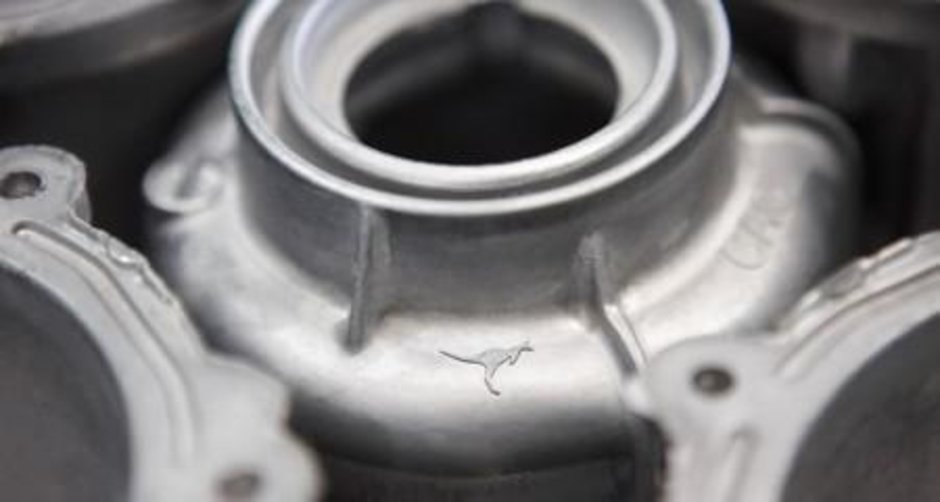Though the future of local manufacturing is bleak for Holden, Ford and Toyota, one automaker remains committed to making things in Australia: Nissan.
At a presentation to the media at the company’s casting plant in Dandenong, Victoria, Peter Jones, Managing Director of Nissan Casting Australia, said that Nissan’s local manufacturing operation has been “quietly flourishing”.
And not only has business continued unabated for Nissan, it’s growing. Nissan Casting is currently on a recruitment drive for more workers and the company has signed parts supply contracts that guarantee its future beyond 2020.
“Amid the turmoil that’s been reported about our country’s manufacturing sector, especially the local automotive industry, Nissan has been working away in the background,” Jones said.
“At the moment we employ 160 staff, but we’re recruiting for more. Currently, we’re running three shifts a day, seven days a week.
Right now Nissan’s casting plant is operating at 80 percent capacity, producing around 2.3 million castings each year alongside 25,000 vehicle accessories.
The Dandenong plant makes 39 different castings for 38 Renault-Nissan Alliance cars, including aluminium oil pans, gearbox housings, differential housings as well as high-precision components for the Nissan Leaf electric car.
Every casting made at the plant is identifiable by a small kangaroo - a mark of pride for Nissan Australia.
All of these cast components are exported to Nissan’s global production facilities in Japan, the United States, South Korea, Thailand and the United Kingdom, generating $65 million in revenue for Nissan Australia.
The Dandenong plant’s reputation for quality and precision-manufactured castings has allowed it secure a spot as an integral part of Nissan’s global manufacturing network.
Speaking to TMR, Nissan Australia Managing Director and CEO Richard Emery acknowledged that while the operation wasn’t a major profit-generator, it more than pays its own way.
And while the aluminium industry in Australia has been shrinking in part due to the increasing cost of energy (Alcoa’s Point Henry smelter shut down last year), Emery said that Nissan Casting would be able to weather any foreseeable increases in energy costs.
Meanwhile, Nissan’s future product pipeline will continue to deliver job contracts for Nissan Casting Australia - some of which will be exclusive.
“These developments will see Nissan Casting operating well beyond 2020,” Jones said.
“Manufacturing is far from dead in Australia, and we’re proof of that.”
Source: TheMotorreport.com
×


